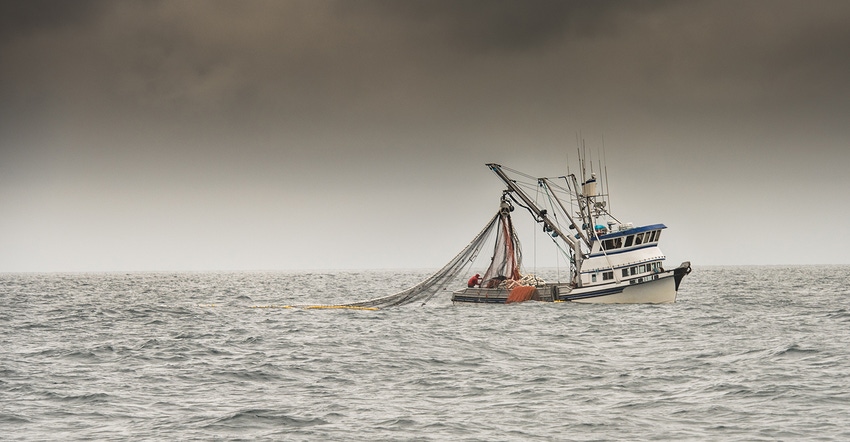5@5: Amazon to launch grocery stores | Fish dying off as oceans warm | Miami bans glyphosate
Each day at 5 p.m. we collect the five top food and supplement headlines of the day, making it easy for you to catch up on today's most important natural products industry news.
March 1, 2019

Amazon to launch new grocery-store business
The e-commerce behemoth that owns Whole Foods Market plans to open “dozens of grocery stores” in San Francisco, Seattle, Chicago, Washington, D.C., and Philadelphia—and they won’t be Whole Foods, The Wall Street Journal is reporting, citing unnamed sources. Read more at The Wall Street Journal …
The world is losing fish to eat as oceans warm, study finds
The number of fish that humans can eat dropped significantly between 1930 and 2010, according to a new study. Warming oceans have pounded the northeast Atlantic Ocean and the Sea of Japan—areas where people depend on seafood as a staple of their diets. Read more at The New York Times …
Dicamba weedkiller gets Arkansas regulators’ blessing, despite public opposition
Dicamba has damaged crops, trees, gardens and wildflowers that bees love, but Monsanto has created soybean and cotton seeds that can withstand the chemical. Despite receiving more than opposing 2,200 comments, the state’s plant board decided to allow its use with certain conditions. Read more at Mother Jones …
Could new laws help farm workers who already face climate-change health risks?
The NOAA’s Climate Prediction Center scientists suspect that last year’s higher-than-normal temperatures will continue this summer, putting farm workers across the country in increasing danger. Yet, employee safety regulations don’t say much about exposing workers to excessive heat. Read more at Civil Eats …
Miami bans the use of glyphosate to save Biscane Bay
The prohibition of glyphosate, including Roundup, applies to the city and its contractors. Last year’s blue-green algae blooms and red tide inspired a city commission to look at the city’s use of herbicides, which totaled 4,800 gallons a year just from the public works department. Read more at Miami New Times …
You May Also Like


